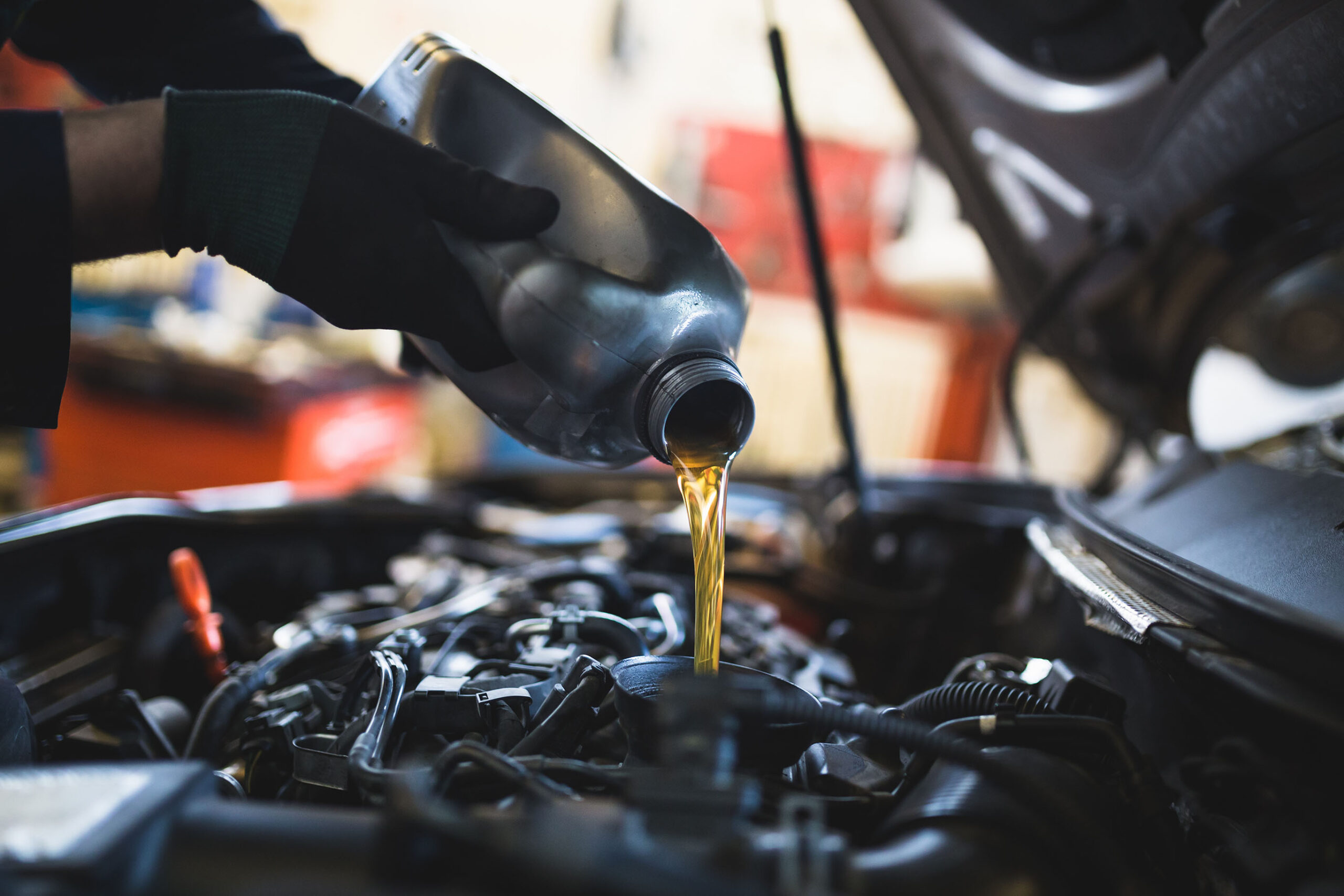Many vehicle owners overlook the importance of scheduling regular oil changes, but they are essential for the longevity and performance of your engine. This simple and affordable maintenance task can significantly extend your engine’s lifespan and protect it against premature wear and tear.
Why are Oil Changes Important?
Lubricate the Engine: Reducing wear and friction, ensuring smooth operation and longevity.
Regulate Engine Temperatures: Preventing overheating and maintaining optimal performance.
Sustain Proper Engine Function: Ensuring all components work harmoniously, maximizing efficiency and power.

To keep your vehicle in optimal condition, regular oil changes are a crucial part of your preventative maintenance routine. Over time, motor oil breaks down, losing its effectiveness in clearing away particles that accumulate in the engine. While filters catch much of this debris, they can only do so much before particles begin to infiltrate the engine. This buildup, combined with the reduced lubrication caused by dirty or insufficient oil, can lead to premature engine wear, decreased performance, and reduced fuel efficiency. Neglecting oil changes can also result in costly repairs.
What Are The Different Types of Car Oil?
Car oil comes in various types, each designed to meet specific engine needs and performance requirements.
1. Conventional Oil
-
Made from refined crude oil.
-
Ideal for older cars or vehicles with simple engine designs.
-
Requires more frequent oil changes compared to synthetic options.
2. Synthetic Oil
-
Chemically engineered for superior performance and protection.
-
Offers better viscosity, temperature resistance, and engine cleaning.
-
Recommended for high-performance engines or extreme driving conditions.
3. Synthetic Blend Oil
-
A mix of synthetic and conventional oils.
-
Provides better performance than conventional oil at a lower cost than full synthetic.
-
Suitable for vehicles that need added protection under heavier loads or higher temperatures.
4. High-Mileage Oil
-
Specially formulated for vehicles with 75,000 miles or more.
-
Contains additives to reduce oil consumption, leaks, and wear.
-
Helps extend the life of aging engines.
5. Diesel Oil
-
-
Designed for diesel engines, which operate under higher compression and generate more soot.
-
Contains detergents and anti-wear additives to handle the demands of diesel combustion.
-
Choosing the right oil depends on your vehicle’s engine specifications, driving conditions, and manufacturer recommendations. Always refer to your owner’s manual or consult a professional mechanic for guidance.
Regular oil changes act as a shield against the detrimental effects of normal wear and tear, keeping engine parts cleaner and corrosion-free. With consistent upkeep, the risk of costly repairs due to damage is significantly minimized. Many newer vehicles come with dashboard indicators and sensors to let you know when it’s time for an oil change. Still, most cars also have convenient dipsticks, allowing you to manually check your oil when needed.
If you’re overdue for an oil change, don’t delay it any longer! Schedule an appointment at any of our nine Clark Warehouse Tire & Auto locations and give your vehicle the care it deserves. Check out other services we offer alongside our oil changes. Your engine will thank you for it!

